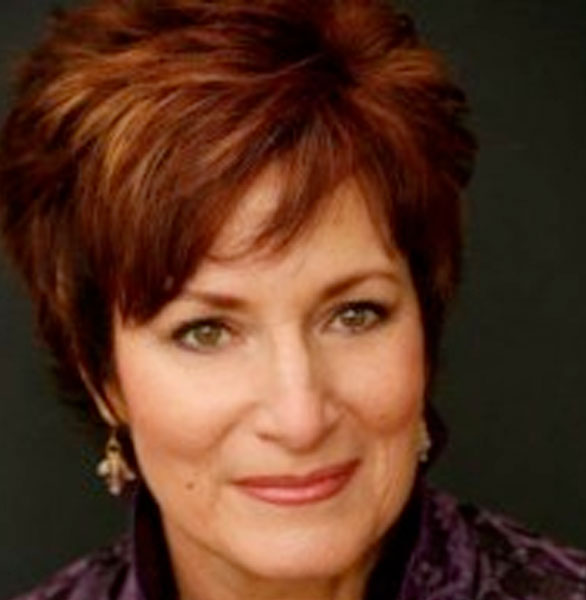Once a month on our blog, we feature Q&A’s with Rhyll Croshaw. This content was found on Rhyll’s original site, rhyllrecovery.com, but will now be a part of our Women’s Discussion here.

Thanks to Rhyll for her insights and willingness to share her strength, hope, and experience with all of us. Please let us know if you have more questions for her by emailing becky@salifeline.org.
Q: I just found out my husband has a porn problem, what should I do?
A:
When a woman first finds out her husband has a porn addiction she probably feels shock, denial, minimization, anger, and all sorts of craziness all rolled together. What she needs first and foremost is to recognize that she not only has trauma in that moment, but that she has been living with trauma in her life up until that point. When I found out about my husband’s addiction, some of the craziness that I felt for good portions of my life began to make a little bit more sense.
Although I started to recognize that I was really being influenced by his behaviors, I didn’t know how to deal with that information. At first, 25-years ago, I was fairly young and pretty naive as to what it means to have your husband have a porn addiction and a sexual addiction. In actuality, I didn’t even know those terms existed, and so I tried “Forgive and Forget.” When he disclosed the second time, years later, I began to feel like I had something to do with it. I thought that I had to fix it or help him fix it.
Now as I look back, I recognize how much education he and I were both lacking. If I had just found out within this last week about my husband’s porn addiction, I would do things a lot differently than I did then.
I would first get some support. I would need a therapist, for ME, who understands what a sexual addiction is and who understands that I, as the wife of a sex addict, am going through trauma. Next, I would look for a 12-step group for ME. There are women who have dealt with this and women who have successfully worked through their own feelings and are continuing to work through their own feelings. I would look to these women to support me. I would also need plenty of education. I would search for that education in books, videos, and articles from trusted sources.
I think for me, my first big “ah-hah” moment was when someone said, “it is not you fault, you can’t control it, and you can’t fix it.” That information was foreign to me because, like I said earlier, I thought that I could do something about it. I thought that I could control his addiction to lust because I was a strong woman, a strong mother, a strong wife, and a strong community leader. In all of those contexts, I had been able to control the outcome of my life before, but this situation left me totally dumbfounded. I kept trying to control and fix, and the more I did, the more I was left feeling crazier and crazier. Having support people tell me, “this is not yours to control and this is not your fault” on a daily basis was essential for my own healing.
Beyond gaining support (which is key), my final tips would be- slow your life down, take care of yourself today, look for resources, and go to God. Ask for help, plead for help. After you turn over the things you cannot change to Him, get up off of your knees and go where he directs.
Although we cannot control other people’s actions, including our husband’s, we can find peace in our lives right now. We can slow down, and choose not to make any knee-jerk reactions, and we can reach out to support so that we can have a safe place to feel the trauma that we are and have been experiencing.
This journey is long and can be painful at times, but with support from people who understand the journey and our Higher Power, we can make it through stronger and, more importantly, healthier than we ever thought possible.








I discovered that my husband has been watching porn. He’s age 72 and I’m 73. I haven’t confronted him yet. I’ve prayed, read and watched many videos about how I should approach him in a healthy and Christian way. My emotions are everywhere.
Linda,
I am so sorry that you are going through the shock of discovery. You are in a tough spot and God will be your greatest resource as you try to figure out your next right step. From my experience, attending SAL 12-Step Groups and beginning my own 12-Step recovery helped me navigate my trauma and all the complex situations I faced in the wake of my husband’s addiction and disclosures. My Group, my Sponsor, and others in my recovery support network were invaluable resources in helping me get to a place where I could even hear God clearly. How did I know I was finally hearing him? Because I felt peace–not just for a fleeting moment–but peace that sustained me and calmed me day to day. Living with God at my center is a PRACTICE I have had to learn through working the 12 Steps. It was not something I understood intuitively on my own amidst all the chaos of my trauma and confusing relationship dynamics.